Joint Statements of Demand

Business in the Community leads Joint Statements of Demand on the following categories:
Are you looking to reduce supply-chain-related emissions and impact on nature while supporting your suppliers?
We are calling on organisations that buy professional clothing, office furniture, and electric vehicle chargers to show leadership and shape the future of these sectors by becoming Joint Statement of Demand signatories.
For the last four years, Business in the Community has been a partner in the Interreg ProCirc project, which was set up to work with procurers to increase their understanding of the circular economy and provide practical support to bring it into procurement.
In the final year of the ProCirc project, Business in the Community worked with its members and partners to create Joint Statements of Demand focussed on three specific procurement categories. These set out commitments (a statement) that a group of procurers from signatory organisations (a joint statement) will adopt, as well as the ‘circular asks’ that the procurers would like to see their suppliers offering in future (a Joint Statement of Demand).
Becoming a signatory to a Joint Statement of Demand can help procurers to overcome several systemic challenges to buying more circular products.
CIRCULAR PROCUREMENT CHALLENGES
KNOWLEDGE BARRIERS Procurers are not experts in sustainability or circularity and often do not know what to ask for.
MARKET BARRIERS
There are relatively few circular products available on the market.
INFLUENCE BARRIERS
Businesses feel they have little influence if they are just one customer buying from their supplier.



HOW A
JSD CAN HELP
COCREATE
Work with other procurers and industry experts on a set of future-focused circular asks for a product category.
SUPPORT INNOVATION Showing commitment to adopt circularity in future tenders provides the basis for suppliers to invest and innovate.
COLLECTIVE INFLUENCE
Harnesses collective power to make change by committing to join like-minded buyers in adopting the JSD asks.
ProCirc’s approach to JSDs has been influenced by the Joint Statement of Demand on Circular and Fair Smartphones, created under the Make ICT Fair project. ProCirc Partner City of Malmö was a Supporting Public Buyer.
Circular Professional Clothing
On behalf of the ProCirc project, this Joint Statement of Demand has been coordinated by
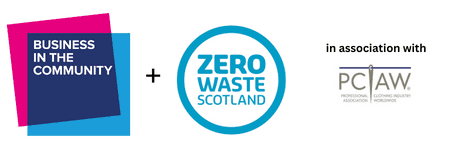
To buyers of professional clothing, waste is the most visible sustainability challenge. WRAP’s analysis estimates that in the UK, 90% of used professional clothing is sent to landfill or incineration after use – a higher proportion than for clothing. However, the environmental impact is much more significant, extending the whole way through the value chain and includes issues such as water consumption, microfibre pollution, greenhouse gas emissions, and modern slavery risk. Taking a circular approach can reduce harm in these areas. However, a limited amount of circular clothing and the application of new business models are available – the Joint Statement of Demand seeks to change this. Note: Professional clothing refers to all garments issued by employers to their employees and includes corporate wear, workwear, and PPE.
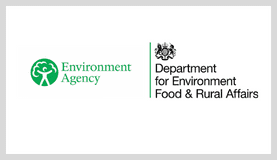
Environment Agency
and DEFRA
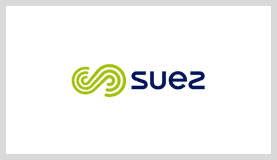
SUEZ Recycling
and Recovery UK
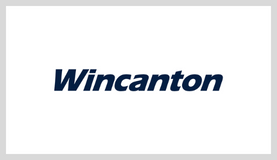
Wincanton plc
Total estimated annual procurement spend on corporate wear and PPE: €7.8 million / £6.7 million
Office Furniture
On behalf of the ProCirc project, this Joint Statement of Demand has been coordinated by
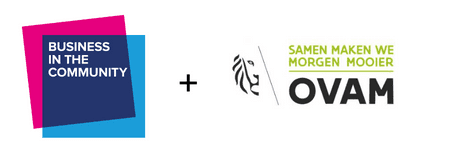
Furnishing workspaces well is a significant consideration for the majority of businesses and public organisations. Getting it right is vital for cost-effectiveness and staff wellbeing, but it is often overlooked as also being important in terms of carbon and nature impacts. 80-90% of the furniture in Europe ends its first life either in a landfill or being incinerated for energy. This represents a huge waste of materials, as well as cost, and leads to additional carbon emissions and environmental impacts form the production of new chairs to replace those that are thrown out. Nevertheless there is great potential for improvements by introducing circularity. This can be stimulated and supported through a collective approach to procurement by a group of buyers. This Joint Statement of Demand has been coordinated by Business in the Community and co-developed by procurers and partners on behalf of the ProCirc project.
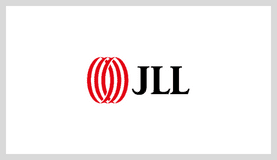
Jones Land LaSalle Ltd
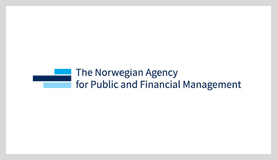
Central Procurement
Agency of Norway
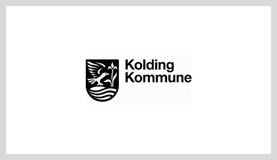
Kolding Municipality
Total estimated annual procurement spend of circular office furniture:€40.5 million / £35 million
Electric Vehicle Chargers
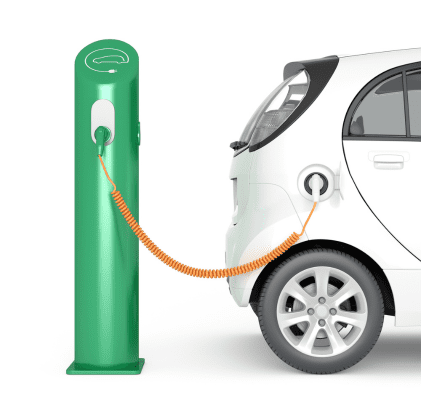
The growing market of electric vehicle chargers (EVCs) has led to increasing environmental impacts that are at risk of being overlooked. Europe is the second-largest EV charger market, and the forecast estimates that the number of electric vehicles will increase exponentially in the next few years. Similarly, the demand for EV chargers will follow, and by 2030, over 3 million EV chargers will be needed in Europe. This Joint Statement of Demand is being coordinated by our partners at City of Malmö.
Visit the Interreg Pro-circ website to find out more about the
Electric Vehicles Chargers Joint Statement of Demand
